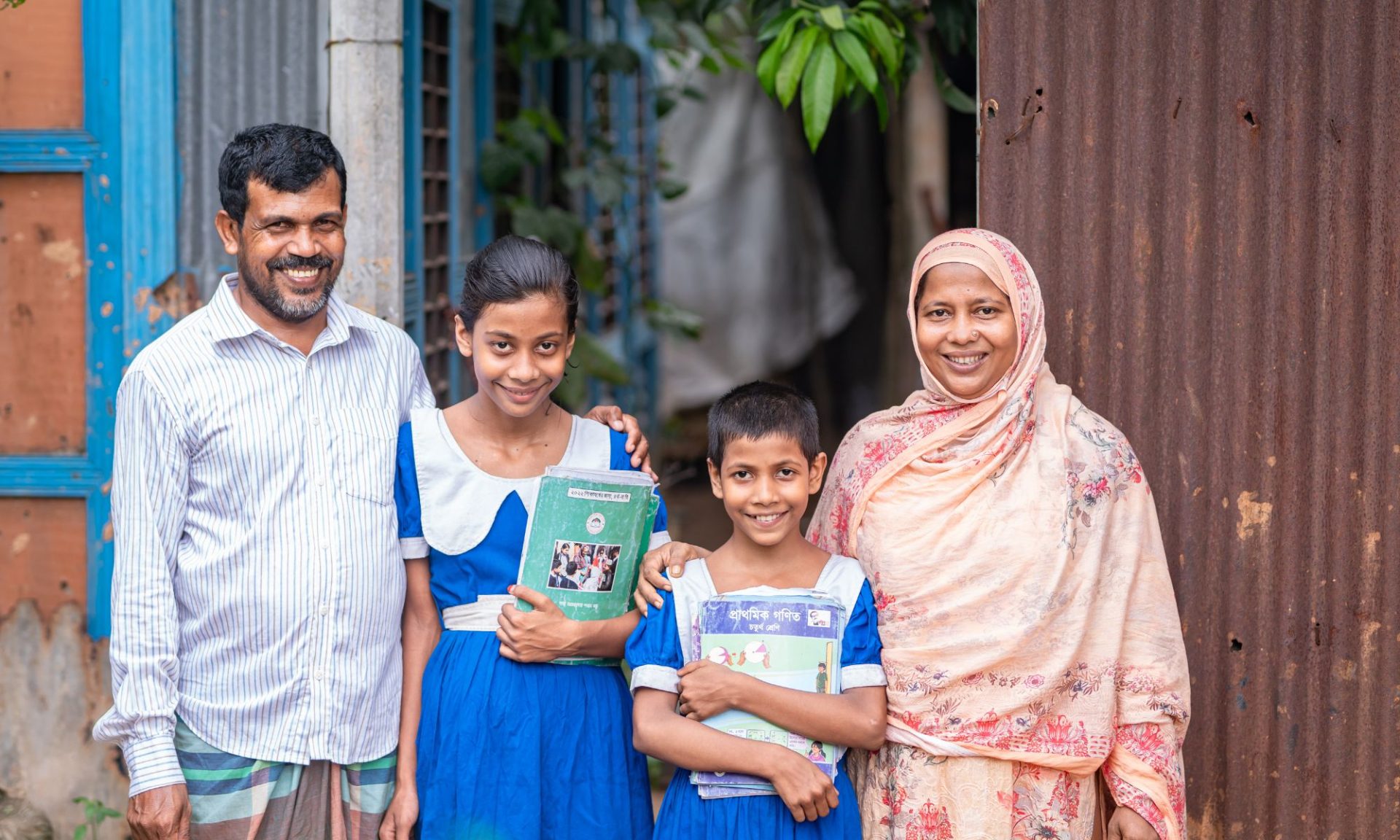Education in Bangladesh has three major stages: primary, secondary, and higher education. Primary education is a 5-year cycle, while secondary education spans 7 years, divided into three sub-stages: 3 years of junior secondary, 2 years of secondary, and 2 years of higher secondary. The entry age for primary education is 5 years. The junior secondary, secondary, and higher secondary stages are designed for age groups 11-13, 14-15, and 16-18 years, respectively. Higher secondary education is followed by baccalaureate-level education in general, technical, technology, and medical streams, requiring 5-6 years to obtain a Master’s degree.
The education system of Bangladesh operates under two separate ministries: the Ministry of Primary and Mass Education (MoPME), responsible for primary and mass education, and the Ministry of Education (MoE), responsible for post-primary and post-secondary education. The MoE is divided into two divisions: the Secondary and Higher Secondary Division and the Technical and Madrasah Education Division.
In November 2020, the Government of Bangladesh decided to restructure the education system, eliminating public exams until the secondary level and introducing subject-wise specialization only at the higher secondary level. Until the secondary level, all children will study common subjects.
Education is the most powerful weapon in the fight against poverty. Besides formal education, Non-Formal Education (NFE) is essential for economic enhancement and poverty alleviation in developing countries like ours. Poverty remains a significant challenge in Bangladesh, with a large percentage of the population living in extreme poverty. This results in widespread illiteracy, ignorance, superstition, poor health, malnutrition, and sub-human living conditions.
To combat poverty in its various forms, SAWAB is playing a vital role by establishing formal and non-formal educational institutions and technical and vocational training centers. These efforts aim to improve the quality of life for the underprivileged and enable them to contribute to national development.


Non-Formal Education (NFE) for Needy People and Rohingya Refugees in Bangladesh:
Non-Formal Education (NFE) is an organized educational activity conducted outside the formal education system. It is designed to be simple, flexible, and accessible, allowing it to be delivered at locations convenient for learners. NFE aims to meet the basic learning needs of disadvantaged groups, including those who have no access to or have dropped out of formal education. This approach is particularly crucial for needy people and Rohingya refugees in Bangladesh.
NFE programs are tailored to address the unique challenges faced by these communities, providing essential education and skills that can be applied in daily life. These programs are inclusive and adaptable, accommodating learners of all ages and ensuring that education is accessible to everyone, regardless of their circumstances.
Our NFE initiative focuses on literacy, numeracy, vocational skills, and life skills, empowering individuals to improve their quality of life and contribute to their communities. By offering education in a non-traditional format, we can reach those who are often left behind, providing them with opportunities to learn, grow, and thrive.
Technical and Vocational Education and Training (TVET):
Technical and Vocational Education and Training (TVET) is a highly effective tool for developing people’s skills and knowledge, contributing to national competency. In today’s rapidly changing world, driven by new technologies, evolving workplaces, and increasing demand for quality products, TVET plays a crucial role. The shortening of product life cycles necessitates a flexible workforce, further highlighting TVET’s importance in skill and competence development. Despite its potential, TVET remains underdeveloped and less prioritized in Bangladesh. Addressing this gap is essential for the country’s growth, enabling individuals to meet modern economic demands and improving overall workforce quality. Prioritizing TVET can lead to sustainable development and a more competitive nation.
Appeal:
We urgently seek your support for our Non-Formal Education and Technical and Vocational Education and Training (TVET) Project, aimed at uplifting needy individuals and Rohingya refugees in Bangladesh. These programs are crucial for providing essential skills, literacy, and vocational training, enabling marginalized communities to improve their livelihoods and contribute to society. Your contribution can help us expand our reach, transform lives through education, and promote sustainable development. Join us in empowering these communities and creating a brighter future for all. Together, we can make a significant impact.

